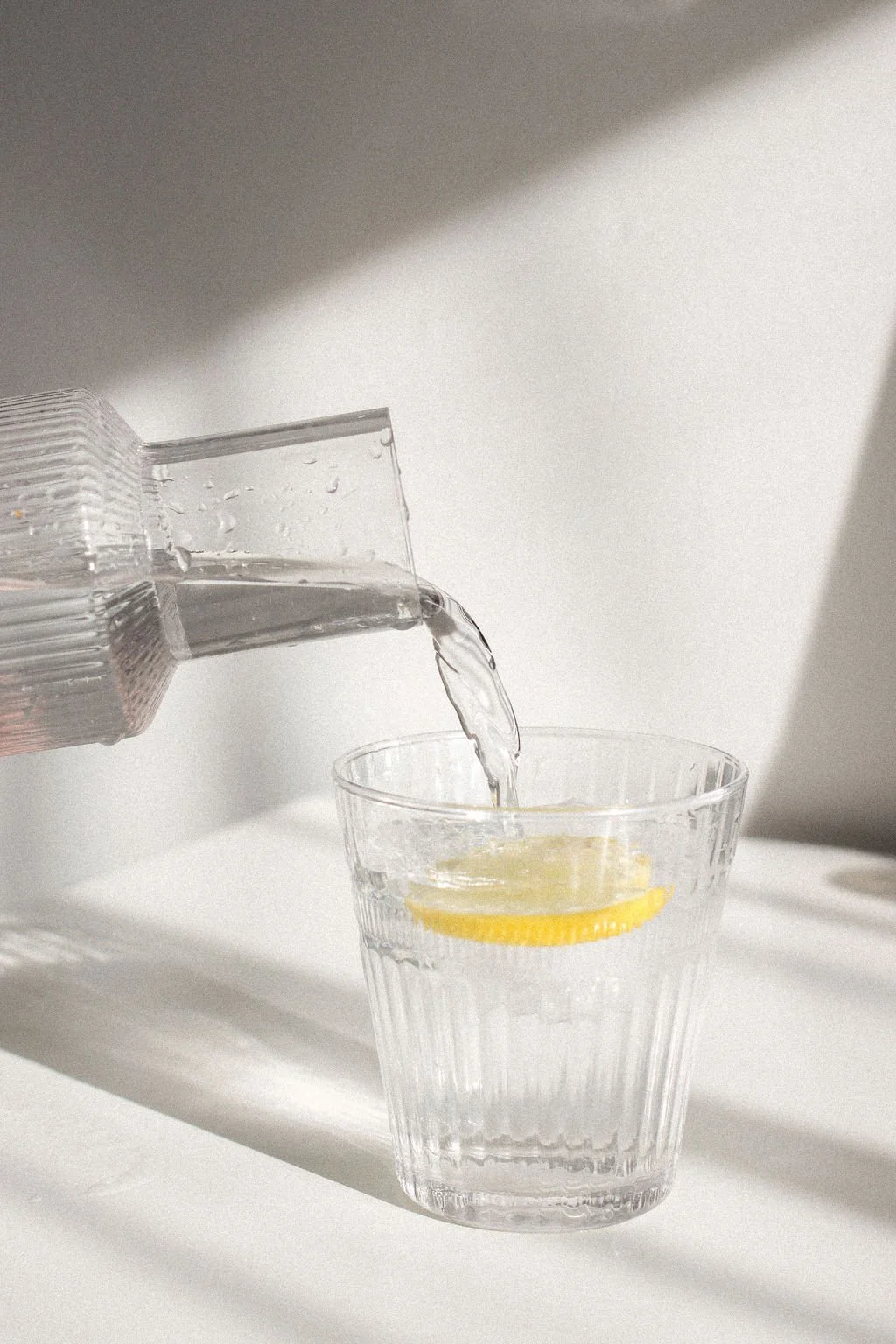Clean living for fertility
There are some proven links between environmental toxins and infertility. And because chemicals are almost everywhere, we have to make a concerted effort to reduce our exposure.
The idea of reducing toxin exposure can feel really overwhelming, and we can only control so much. But what we do most of the time, is what makes the greatest impact, so pick your battles and decide what is achievable in your life.
Making some of these minor swaps and changes at home can have a significant impact on not just your fertility but your health now and in the future.
Cosmetics and skincare
A really easy way to avoid endocrine disrupters around the house and on your body, is to avoid chemical fragrances.
Fragrances can disrupt fertility due to the presence of endocrine-disrupting chemicals (EDCs) like phthalates, which can interfere with hormone production and function, potentially impacting both male and female reproductive health. These chemicals can either mimic or block hormones, leading to various reproductive issues.
Fragrance is added to laundry detergent, room sprays, toiletries and cosmetics. Fragrance, or ‘parfum’ will be listen on the label of these products so it’s easy to check!
If you’re waiting for the industry to care and not put toxic things in their products, you’ll be waiting a long time. It’s important to remember that when we apply these products to our skin, they are absorbed into our bodies through the dermal layers.
Choose Fragrance-Free
Opt for fragrance-free or unscented products whenever possible, particularly those used in intimate areas such as skincare, personal hygiene, and laundry detergents.
Avoid Synthetic Fragrances
Select products scented with natural essential oils rather than synthetic fragrances. Essential oils offer aromatic benefits without the potential risks of hormone-disrupting chemicals. Candles, room sprays and car deodorisers are common products containing synthetic fragrances.
Avoid Parabens
Parabens are preservatives used in many cosmetic and personal care products that can have oestrogenic effects. Check the ingredients list on your products for propyl-, isopropyl-, butyl- and isobutyl-parabens and avoid exposure to these chemicals.
Plastics
BPA (Bisphenol A) is a chemical found in many plastics and resins, and exposure to it is linked to potential negative impacts on both male and female fertility.
Studies suggest that BPA can disrupt hormone levels, damage reproductive organs and affect egg and sperm quality, potentially reducing the chances of successful conception and healthy pregnancies.
Use a glass or stainless steel drink bottle
Don’t microwave in plastic containers
Switch your food containers to glass, ceramic or stainless steel.
Eat whole foods
Most grocery store and food delivery items come in plastic-lined or plastic containers, increasing the risk of micro-exposures to BPAs and the forever chemicals PFAS. So while it’s okay to get takeaway every now and then, make sure that the majority of your food arrives plastic free.
Water
Tap water often contains contaminants such as heavy metals, pesticides, antibiotics, and PFAS, which may interfere with fertility. While it’s not a cure-all, filtering can help reduce exposure to potential endocrine disruptors and other harmful substances found in some tap water.
Keep it clean
Keep in mind, that water filters may sometimes cause more harm than good, if cartridges aren't regularly replaced. Sponge-like activated carbon filters, in particular, can serve as breeding grounds for nasty bacteria.
Fruit and Vegetables
Eating fresh produce is also important for fertility. First, antioxidant-rich fruit and vegetables can help reduce your toxin load and support your body's natural detoxification properties.
Second, filling your plate with high-quality whole-foods like fruit and veggies can help ensure you're getting the fiber and nutrients you need to support your body in conception.
Wash your fruit and vegetables to reduce bacteria and pesticides on the produce.
Cooking
Endocrine disrupting chemicals can seep from non-stick pans for example from those lined with Teflon. Choose stainless steel or cast iron options instead.
Keep your space (and air) clean
Finally, creating a clean home environment can also support your fertility and wellbeing. Indoor dust and dirt can house harmful substances like plastics and flame retardants from furniture, which are associated with hormone disruption. Regular cleaning, dusting and vacuuming helps maintain a clean space and improves air quality.
Mould
Certain mold varieties, such as black mold, produce mycotoxins that are harmful to our health. Mould grows in damp, dull and poorly ventilated spaces, such as kitchens, bathrooms and laundries. Dust and dirt also helps mould grow.
The best ways to prevent mould include sunlight and air circulation, keeping your space dry and clean.
Cleaning
We may sometimes think we’re cleaning when what we are actually doing is filling our space with harsh and dangerous chemicals.
More natural options include non toxic, essential oil based or chemical free alternatives.
That might look like a lot!
With any of the above, if I can’t commit to a swap, just knowing and having an awareness of my weekly choices means I can keep them in my life but limit my exposure to certain products.
— Alex


